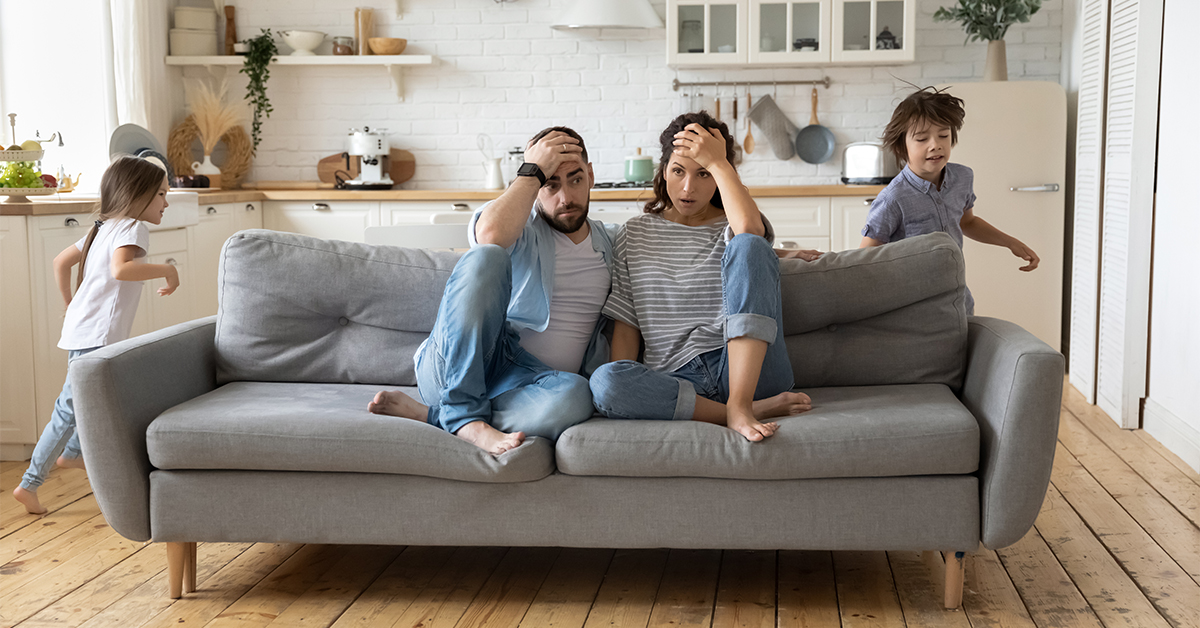Submitted by Jody Schoenecker, Psychiatric Mental Health Nurse Practitioner at Welia Health.
Loneliness is on the rise — and it’s hurting our health
Human beings are social creatures. We need to feel connected to others for healthy living. Being connected to others socially is widely considered a fundamental human need crucial to well-being and survival. On the flip side, loneliness is can be hazardous to our health and can contribute to major negative health consequences.
Effect of loneliness on health
Loneliness is defined by one’s level of satisfaction with others or connectedness around them. You can be surrounded by others and still feel lonely. There is evidence to suggest isolation and loneliness can contribute to depression, impaired cognitive function, poor sleep quality, cognitive decline, and impaired immunity.
Research by Brigham Young University professor Julianne Holt-Lunstad, PhD shows that lack of social connections heightens health risks such as smoking and alcohol use. Holt-Lunstad also found that loneliness is twice as harmful to one’s health as obesity. There is evidence to suggest that social isolation increases the risk for premature mortality
Loneliness was already flagged as a public health issue in 2018, before COVID-19. According to a 2018 study by Cigna, loneliness levels had reached an all-time high in the United States. Many participants reported they frequently felt lonely and isolated, and those relationships are less meaningful.
Holt-Lunstad has shared her insights around loneliness and COVID-19 broadly, from articles about the need to understand the difference between isolation and loneliness to podcasts about the epidemic of loneliness.
Demographic trends affect isolation and loneliness
More than a quarter of the population lives alone, which is the highest ever recorded. More than half the population is unmarried, and marriage rates and the number of children have decreased since the previous census. Loneliness is expected to become more widespread as the population ages.
Volunteering rates are also down, and many people report no religious affiliations. These types of social activities have built-in access to community, support and lead to people feeling less isolated.
Feelings of loneliness can happen at any time in a person’s life, and they can be attributed to things such as divorce, moving or the loss of a loved one. This type of change is called reactive loneliness.
Ways to combat loneliness
There is some debate about whether people are truly more lonely or more able to recognize that they are lonely and talk about it. Regardless of whether people are lonelier or they’re recognizing it more, there are steps to take to face it. Some suggested activities to decrease loneliness are to join a book club, choir or church. One study from the University of Queensland in Australia found that older adults who take part in social groups have a lower risk of death.
Cognitive Behavior Therapy through counseling that works on dealing with negative thoughts and low self-worth can also be beneficial. The team at Welia Health welcomes you to contact our mental health team. We’re here to give you tools to help and support you.
Recommended resource
For more immediate suggestions on how to reduce loneliness, read this article from Psychology Today:
Feeling Lonely? Discover 18 Ways to Overcome Loneliness














